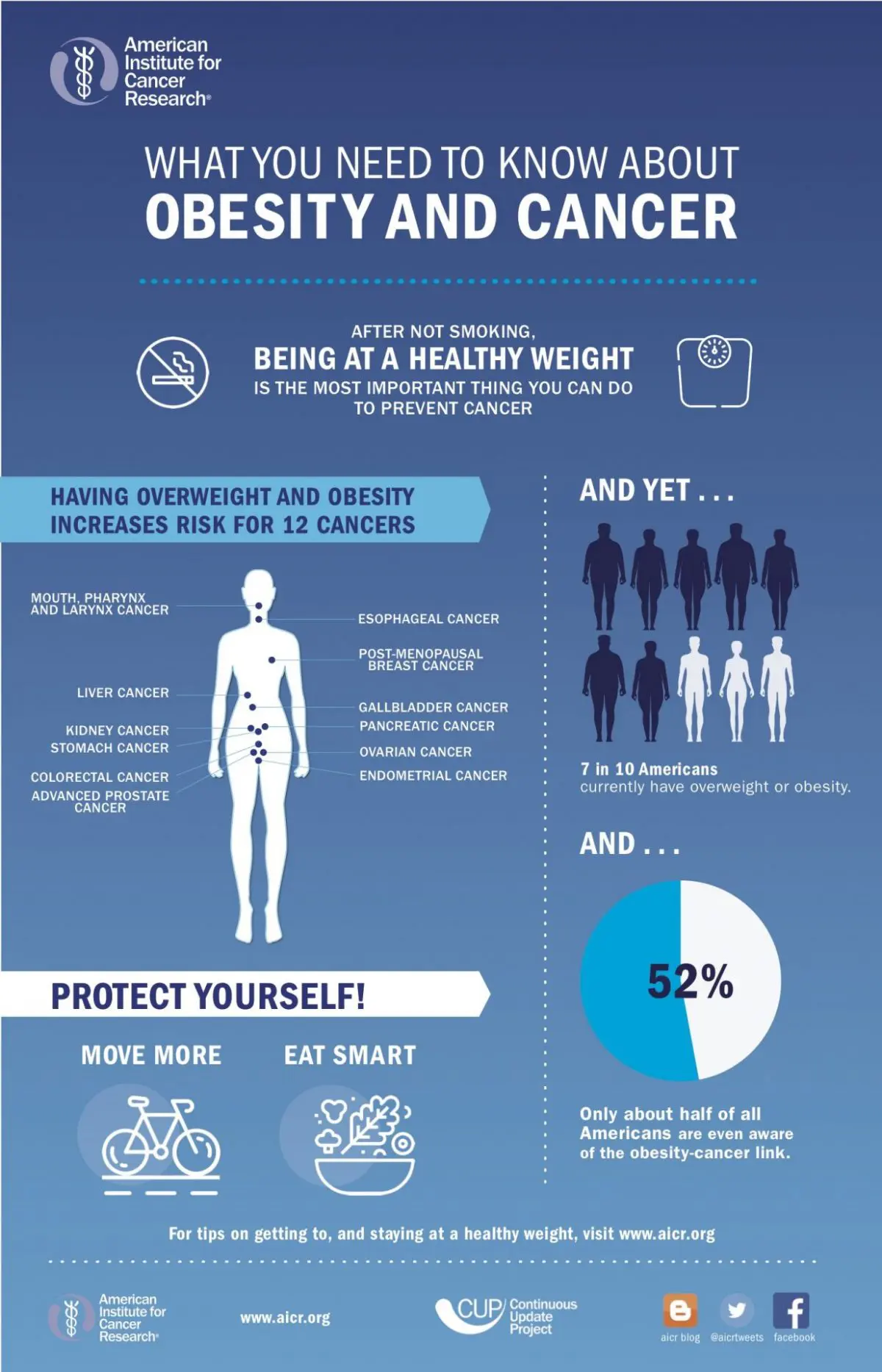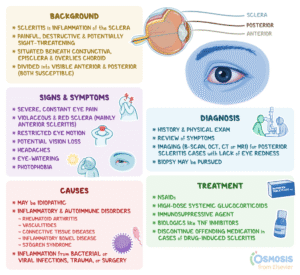Obesity_ What You Need to Know

Understanding Obesity: Key Insights and Facts
What is Obesity?
Obesity is a chronic medical condition defined by an excessive accumulation of body fat. A common way to measure obesity is through Body Mass Index (BMI), where a BMI above 30 is considered obese. While obesity is linked to a range of health risks, such as heart disease, diabetes, and metabolic disorders, it is important to note that some individuals with obesity may still be metabolically healthy and not experience these issues.
The Role of Gender and Terminology
It’s important to distinguish between gender and sex when discussing obesity. Gender refers to social roles, while sex pertains to biological differences. This article uses terms such as “man,” “woman,” “male,” and “female” to align with commonly understood language and ensure clarity in the context of obesity research.
How is Obesity Measured?
Obesity is typically assessed using Body Mass Index (BMI), which compares a person’s weight to their height. For adults, a BMI of 30 or higher indicates obesity. However, BMI has limitations, as it does not account for muscle mass, body composition, or other factors like ethnicity or socioeconomic status. Athletes, for example, may have a high BMI due to increased muscle mass, yet still be in excellent health.
BMI Classifications
The CDC categorizes obesity into three classes based on BMI:
-
Class 1: BMI of 30–35
-
Class 2: BMI of 35–40
-
Class 3: BMI of 40 or higher (sometimes referred to as severe obesity)
Childhood Obesity
Childhood obesity is diagnosed when a child’s BMI is at or above the 95th percentile for their age and sex. Like adults, BMI may not be an accurate reflection of health for children, especially for those with high muscle mass due to sports or physical activity.
Signs and Symptoms of Obesity
Obesity does not present with specific symptoms, but individuals may experience health problems related to excess weight. About 7% of people with obesity are metabolically healthy, meaning their extra weight does not significantly affect their overall health. However, obesity is a known risk factor for numerous conditions, including:
-
Heart disease and stroke
-
Type 2 diabetes
-
High blood pressure
-
Sleep apnea
-
Joint pain and arthritis
-
Certain types of cancer
-
Fatty liver disease
The Emotional and Psychological Impact of Obesity
In addition to physical health risks, people with obesity may face emotional challenges, including stigma, judgment, and discrimination, which can lead to mental health issues such as depression and anxiety.
Obesity Paradox
Interestingly, studies have shown that individuals with obesity may be at higher risk of dying from certain health conditions, yet paradoxically, they are also more likely to survive cardiac events like heart attacks or surgeries. This phenomenon is known as the “obesity paradox.”
Causes of Obesity
Obesity is a multifaceted condition with many contributing factors. These include:
-
Diet and Activity: Poor eating habits, lack of physical activity, and insufficient sleep can contribute to weight gain.
-
Genetics: Some individuals are genetically predisposed to obesity due to variations in genes that affect body weight and metabolism.
-
Social Determinants: Factors like where a person lives, their job, and access to healthy food can influence obesity risk.
-
Medical Conditions: Certain health conditions such as PCOS, metabolic syndrome, and thyroid disorders can lead to weight gain.
How Obesity is Diagnosed
While BMI is the most common method for diagnosing obesity, it has its drawbacks. To get a more accurate picture of an individual’s health, healthcare providers may use additional methods such as waist circumference, waist-to-hip ratio, or advanced techniques like DEXA scans.
Treatment and Management of Obesity
Managing obesity is complex and requires a holistic approach. Weight loss can be achieved through dietary changes, increased physical activity, and lifestyle modifications. Even modest weight loss—such as 5-10% of body weight—can significantly improve health. Medical interventions, including medications or surgery, may be recommended for those who are unable to manage obesity through lifestyle changes alone.
Prevention and Expert Tips
Preventing obesity involves maintaining a balanced diet, staying physically active, and managing stress and sleep. A few expert tips include:
-
Experiment with seasonal ingredients to make meals more interesting.
-
Use time-saving cooking techniques to make meal preparation easier.
-
Find healthy substitutes for ingredients to cater to dietary restrictions.
By making small, sustainable changes to diet and lifestyle, individuals can reduce their risk of obesity and its associated health problems.



